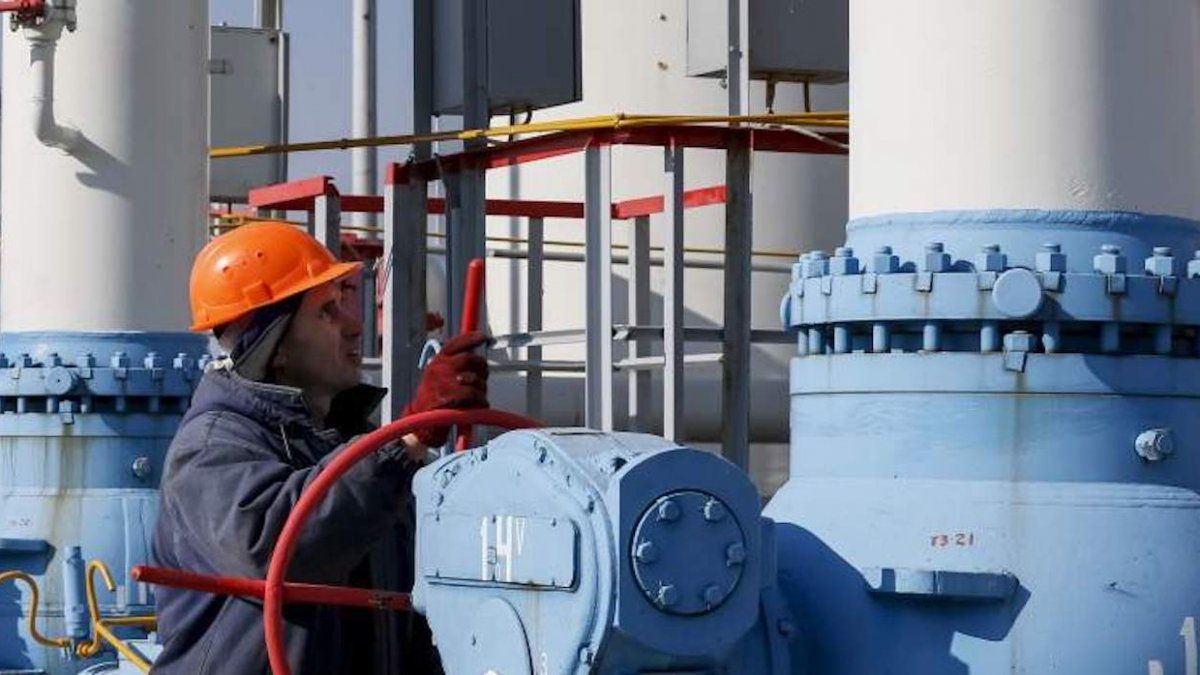Russia’s invasion of Ukraine led to a global energy crisis, being Russia one of the big players in the world energy market. The uncertainty about what measures the countries that buy from Russia will take, in the event that a boycott of energy supply is advanced, triggered prices. LNG, which Argentina bought last year for $8.33 per million BTU, was quoted at up to $100.
Companies closely follow this context. The UIA created an environment for internal discussion to discuss the issue. “Avoiding the problem cannot be, mitigating it is the objective”, assured Funes De Riojaalso president of the chamber of food industries (Copal).
SME chambers also closely follow the issue. Yesterday morning a meeting was held at Enargas, where chambers such as the UIA, the Industrial Union of Buenos Aires, Industrial SMEs (IPA), the Assembly of Small and Medium Entrepreneurs (Apyme), National Entrepreneurs (ENAC) participated. and provincial chambers. Although the institutional space between the companies and Enargas was developed some time ago as a “bridge” with the Secretary of Energy, the companies requested this meeting to have a more specific overview.
The atmosphere was very uneasy. Added to record international prices is Bolivia’s lower gas supply. Entrepreneurs also saw graphs with declining curves on the yields of the different gas fields. “There is great concern that there will be a lack of gas, but there is also confidence that it will be resolved,” Rodolfo Liberman, a textile businessman who participated in the meeting, told this newspaper. “We need gas to work, because if there is a lack of energy we will not be able to produce and we can put value chains out of work,” he added.
deficit balance
Argentina does not have energy self-sufficiency, so the energy trade balance is in deficit. The country produces less than 75% of what it needs in winter, and compensates for the rest either with gas from Bolivia or with LNG. The trade balance of the external energy balance could jump from a deficit of US$646 million in 2021 to US$5,818 million in 2022, according to the consulting firm Eco Go. Although the country benefits from the international rise in the barrel of oil, by exporting it, it does not even come close to compensating for the increase in the necessary import of LNG. In 2021, the country allocated US$1,197 million to the purchase of LNG, which could rise to US$5,230 million in 2022, a variation of 337%. The Eco Go calculation takes an LNG price of US$33 per million BTU.
“We are going to have to look for creative measures,” Julián Moreno, president of Apyme, told this newspaper. Moreno assured that it will be necessary to put on the table measures such as energy efficiency, or incentives to increase production in these months, before winter arrives, especially in large consumer companies. “Not being creative will imply importing gas at whatever price, and it will be necessary to see if there are reserves for that,” he added. “On top of that, it is a problem if these increases in energy costs end up in the final price of a product in this inflationary context,” Moreno concluded.
“We can only hope that the weather helps and find ourselves with a less cold winter than usual,” added a metallurgical businessman from Adimra. A businessman from the agribusiness sector was more optimistic: “In our winter it is low season for gas purchases in Europe. Let’s hope we can buy cheaper.”
Source: Ambito
David William is a talented author who has made a name for himself in the world of writing. He is a professional author who writes on a wide range of topics, from general interest to opinion news. David is currently working as a writer at 24 hours worlds where he brings his unique perspective and in-depth research to his articles, making them both informative and engaging.




